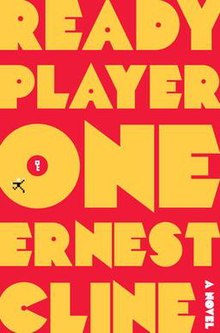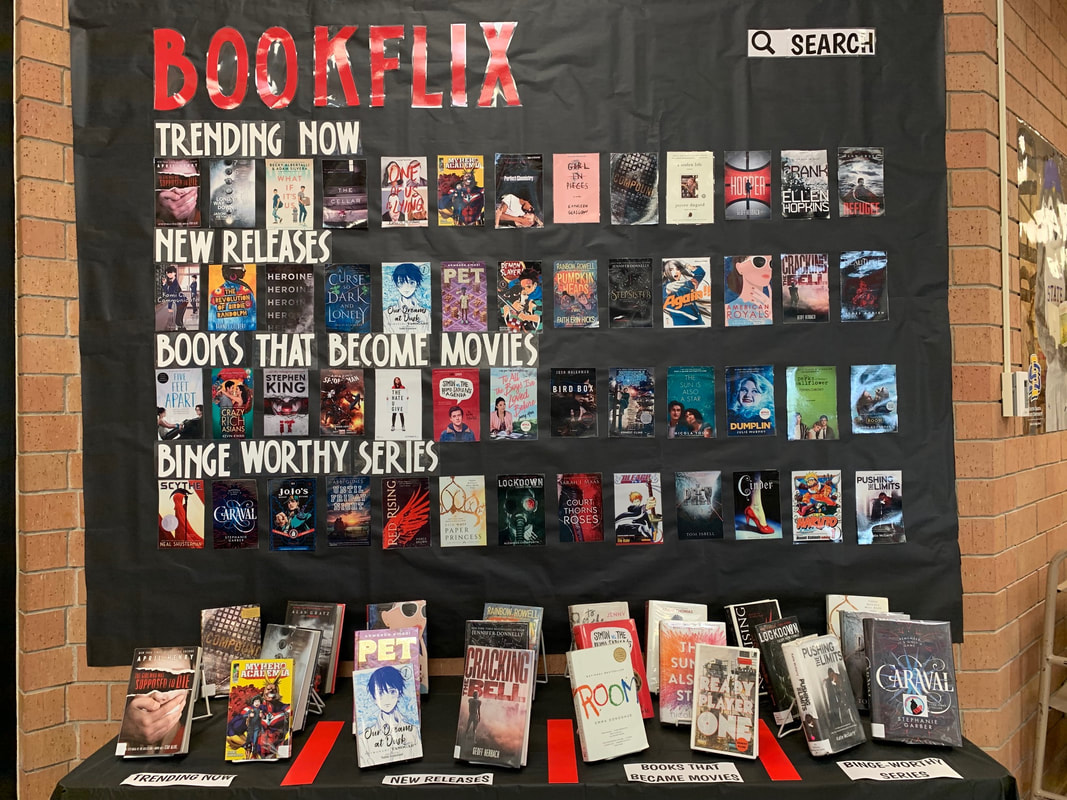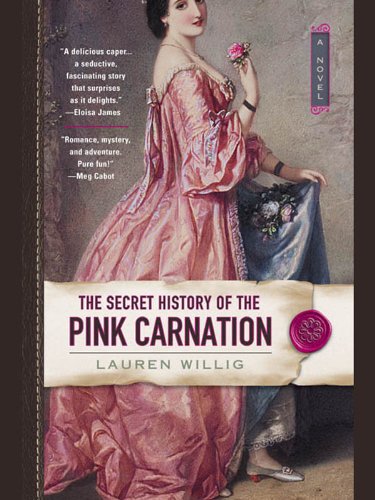:no_upscale()/cdn.vox-cdn.com/uploads/chorus_asset/file/19615796/AP20005806665265.jpg)
I have been, as Richard Santos puts it, "lucky enough to have missed the drama" surrounding Jeanine Cummins' American Dirt. It's been on my seemingly never ending to-be-read list for a few weeks now. I've come across a few reviews but nothing that clued me into what is really going on.
In his article, Santos is trying to explain the difference between Cummins' intended message and what we as readers actually read. American Dirt was advertised as a "game changer," a "novel about the immigrant experience that was compassionate and gripping, and would open people’s eyes to a suffering that so many Americans cannot begin to comprehend." Not only did the book get pushed by it's publisher, it was supported by numerous celebrities, including Oprah and her book club.
The issue with this book was not that the author is white. The issue Santos brings up was that "despite its cultural inaccuracies and stereotypes," American Dirt was advertised as "the book—that will force people to recognize the injustices being done to Latinx people on the border and well beyond." There are several "Latinx" authors who have been writing about the suffering of immigrants for years. So why is American Dirt special?
The hype that heightened American Dirt to it's apparently unworthy pedestal and the fall from social media grace both did Cummins' a disservice. As well intentioned as Cummins' was undoubtedly being when she wrote this novel, there is still a detachment here. Many people, including the author herself, want the world to view race and skin color differently. We want change. However, most of the people who read Cummins' book don't need to hear an immigration message because they're already aware. They did pick up the book in the first place. Santos explains that those who do need to hear Cummins' message, "the racist uncle, a bigoted grandmother," aren't going to pick up American Dirt BECAUSE it's about immigrants. So why are we celebrating a medium that isn't going to speak to it's intended audience?"
Unfortunately, as Santos mentions, literature alone doesn't change the world anymore. What will change the world is open dialogue and that's something Cummins did accomplish with American Dirt. We're discussing the ups and downs of her book, more Latinx authors are being sought out because of read-a-like suggestions or blog promotions. Author Ramin Ganeshram speaks about this in her article concerning the removal of her book A Birthday Cake for George Washington. She says, "The righting of racial injustice doesn’t come from shutting down conversations by banning books or screaming the loudest but from opening dialogues. Without these dialogues we’re in danger of living in a world where any single, sanctioned group may decide what we might write or read or say or think, based upon their own interpretations of an “us” and “them” society."
Personally, I think Cummins should get some credit. At least she's trying. She had an emotional connection to a topic and she tried to make it better with words in a positive way. The conversations born from the debate over her book might not be all positive but those that are listening to her intentions instead of her words are getting the point. Santos is right that publishing still has far to go but this is at least a step in that direction.






